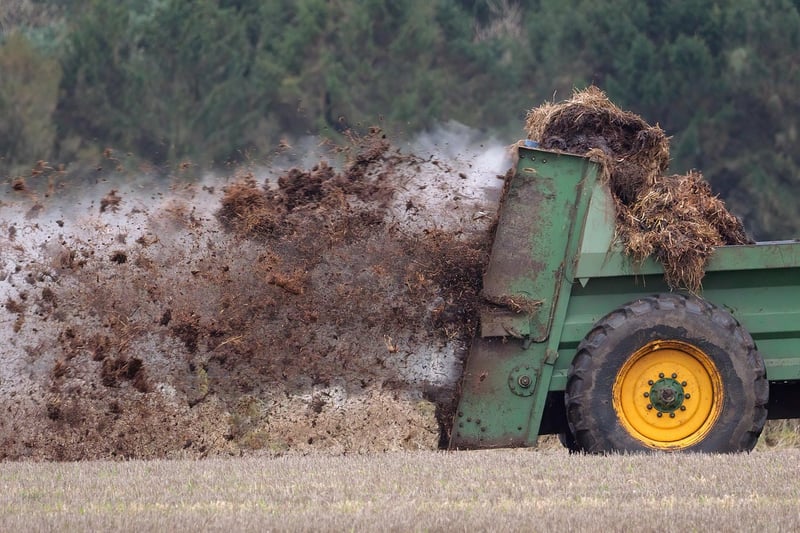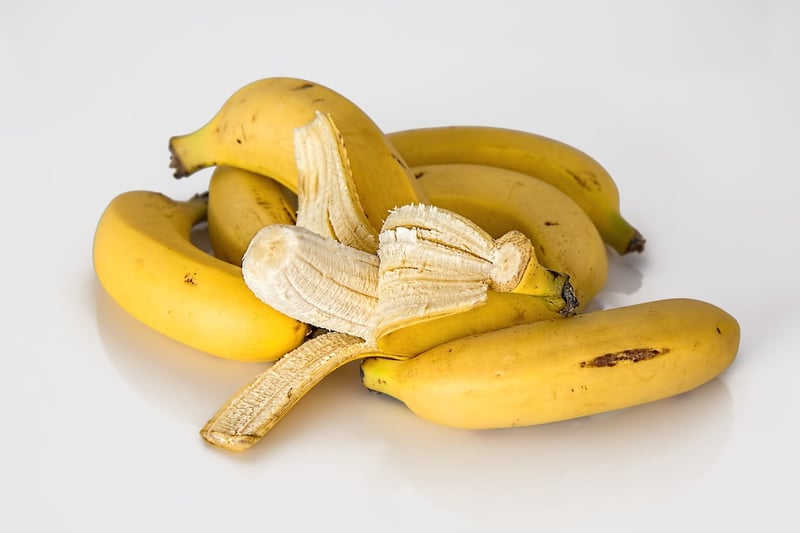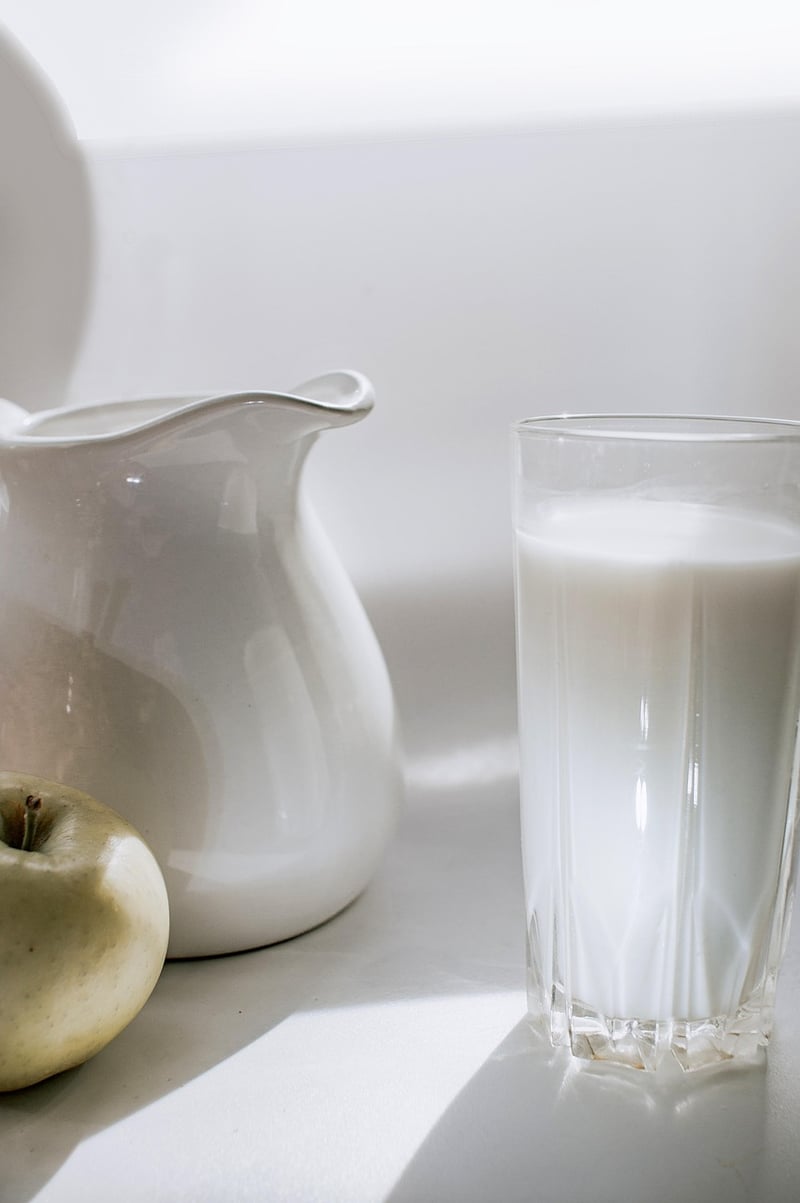Organic
The Essential Elements for Plant Growth
Plants need a variety of elements to thrive and grow. Understanding these essential nutrients can help you create a healthy environment for your plants. Below are the key elements necessary for plant growth:
1. Nitrogen (N)
Nitrogen is crucial for plant growth as it is a major component of chlorophyll, the compound that plants use to conduct photosynthesis. It helps in the development of lush green leaves and promotes overall plant growth.

2. Phosphorus (P)
Phosphorus is essential for root development, flower, and fruit production. It aids in energy transfer within the plant, promoting strong root systems and overall plant health.

3. Potassium (K)
Potassium is crucial for overall plant health, as it aids in photosynthesis, protein synthesis, and the activation of enzymes. It also helps plants resist diseases and stresses.

4. Calcium (Ca)
Calcium is vital for cell wall structure and stability. It helps in root development, nutrient uptake, and overall plant growth. Calcium deficiency can lead to poor growth and development in plants.

5. Magnesium (Mg)
Magnesium is a component of chlorophyll and is essential for photosynthesis. It also aids in nutrient uptake and the activation of enzymes within the plant.

Organic Plant Nutrition
While synthetic fertilizers can provide plants with essential nutrients, many gardeners prefer organic methods for plant nutrition. Organic fertilizers are derived from natural sources and promote soil health and sustainability.
Common organic fertilizers include compost, manure, bone meal, and fish emulsion. These natural fertilizers not only provide essential nutrients but also improve soil structure and microbial activity.
By using a combination of organic fertilizers and ensuring your plants receive the necessary elements for growth, you can create a thriving garden that is both healthy and sustainable.
Remember, each plant has specific nutrient requirements, so it's essential to research and understand the needs of your plants to provide them with the best care possible.
